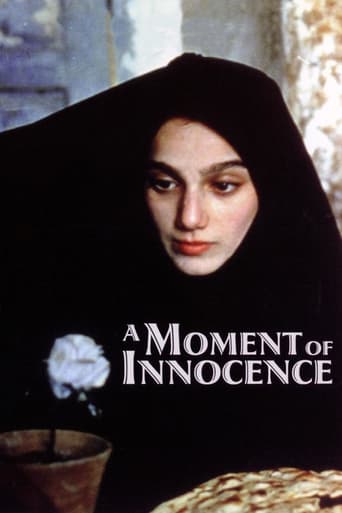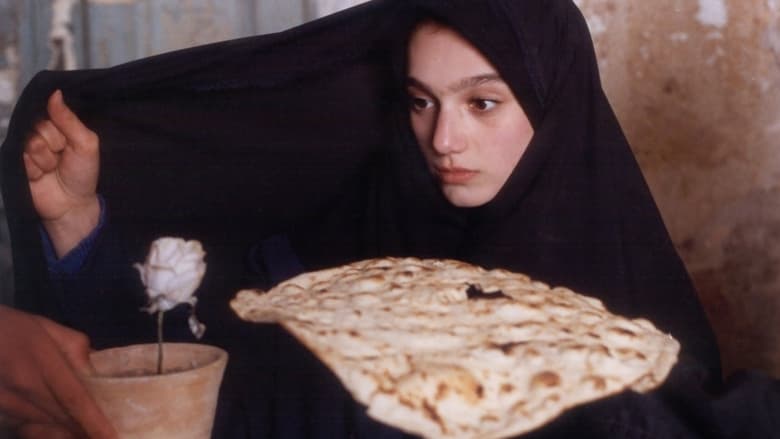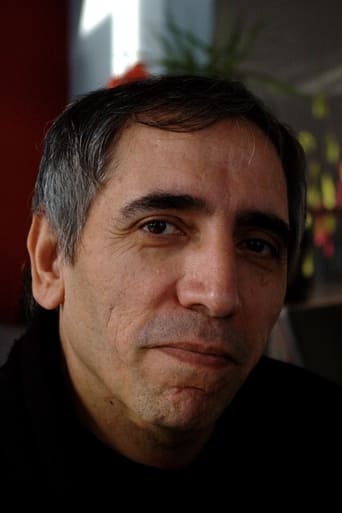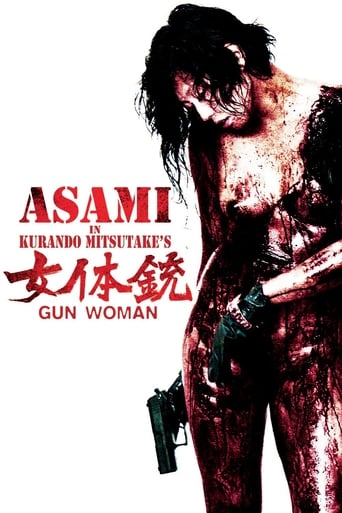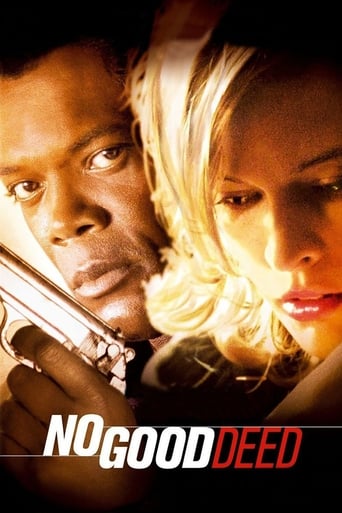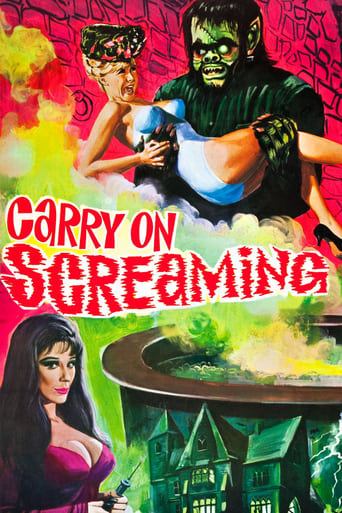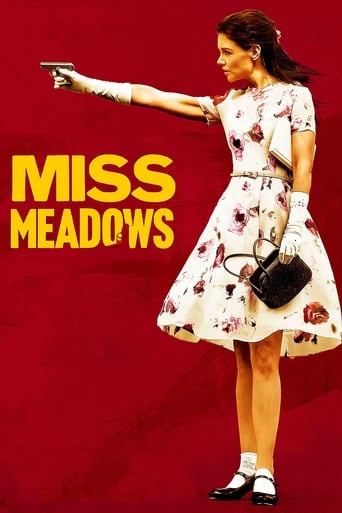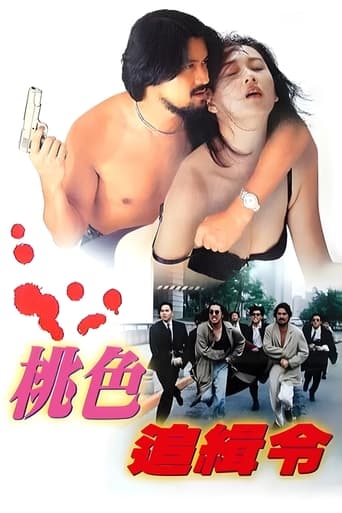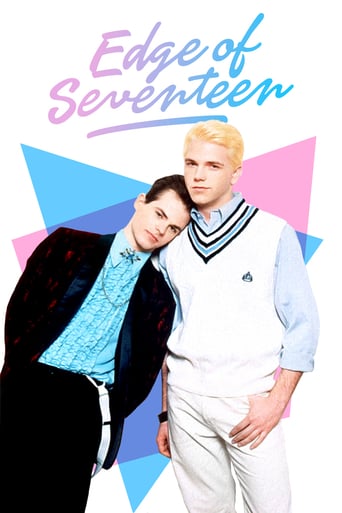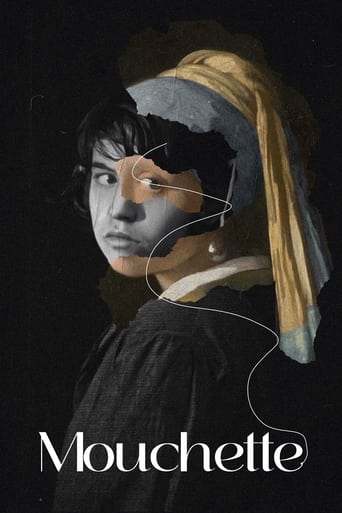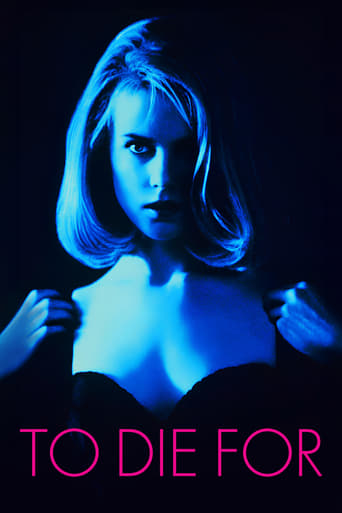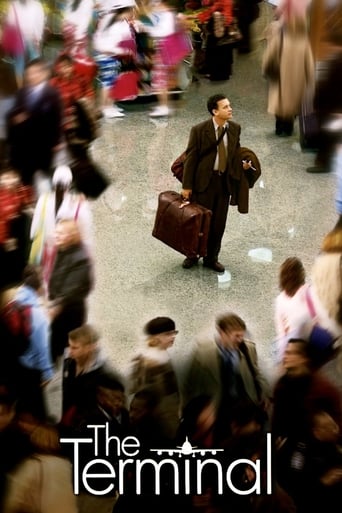A Moment of Innocence (1996)
A semi-autobiographical account of Makhmalbaf's experience as a teenager when, as a 17-year-old, he stabbed a policeman at a protest rally. Two decades later, he tracks down the policeman he injured in an attempt to make amends.
Watch Trailer
Free Trial Channels
Cast


Similar titles
Reviews
Most undeservingly overhyped movie of all time??
Load of rubbish!!
The first must-see film of the year.
A movie that not only functions as a solid scarefest but a razor-sharp satire.
A Moment of Innocence, or The Bread and the Flower Pot, closely recalls fellow Iranian director Abbas Kiarostami's Close-Up, which also sough to recapture real life with its own dramatic conviction. In his own retelling of the story of a politically charged attempt to disarm and take a policeman's gun in his youth, Mohsen Makhmalbaf has created something so unique and so layered that it at first baffles the mind. Makhmalbaf wields the camera with an intent to retell faithfully and truthfully, in true Cinéma vérité style - his stylistic choices represent a documentary that cannot tell lies, and yet it becomes increasingly unreliable. In once scene, he converses with the young actor who will play him in the car in long take, talking about everything from future ambitions to romantic crushes, and it puts on a mask of genuineness. They approach his cousin's household to ask if her daughter will play a part in the film. As the girl goes to serve tea to the young actor, she suddenly whispers to him as if he has Mohsen himself, and they are planning the events that will lead to the fateful stabbing. It has suddenly becomes a moment of artifice without any stylistic or directorial indication. Another technique that Makhmalbaf plays with is one that Kiarostami also used in his 1999 film, The Wind Will Carry Us. While the camera films in wide shot and the characters walk further and further away, the sound levels do not adjust accordingly and realistically, but remain in our ears, as if they were right here next to us. Such a technique throws our objectivity up into the air; surely this must have been dubbed later? And near the end of the film Makhmalbaf will slowly add a musical soundtrack to dramatise the climatic encounter, and replace the still long takes with more dynamic follow shots and closeups. One thing that remains abundantly clear however is the amateur nature of the young actors.This tension is what makes the film tick. You see, both Makhmalbaf and the policeman seem to have entirely different accounts of what happened 20 years ago, and slowly they begin to realise this as they are in the process of recapturing those events. The policeman wants a tall, handsome young actor to portray him, and sulks when he does not get his way. He vigorously coaches the kid on how to properly play himself, and freely interrupts the filming process to criticise and adjust (and Makhmalbaf also freely layers perspectives of the camera onto each other). And yet, the artifice does shine through. Twice, the policeman storms off, the second after that tumultuous discovery that the 20 years of longing for the girl had been all for nothing, a lie to keep him awake. Makhmalbaf does not attempt to document these emotions in closeup, yet he is also eager to use the soundtrack to imitate the reaction. And he does not relent when he has the actors right in front of him; the policeman feigning suicidal thoughts after the discovery, and the young Mohsen breaking into tears and refusing to commit the violence of the past.This becomes the key to that breathtaking final freeze frame. Makhmalbaf seeks to recreate the truth, but has become aware of the impossibility of filming an objective, unbiased version of the past. That politically charged activist youth is no more, and the post-revolution mindset becomes clear in the young actor's ideals of saving mankind, but not through violence. And in the young policeman, who does not want to wield the gun to shoot, even if both are just artificial constructs. So they instead offer the bread and the flower pot, a symbolic blossoming of the new generation, and a testament to the ability of film to be able to reconcile and transform the reality of these weary old men.
It is true that from a purely technical perspective, the freeze frame at the end of this film is quite revolutionary. A lot of viewers have expressed some positive comments about it. Hence, it would not be an understatement to call it one of the best moments in the history of cinema. However, Iranian director Mohsen Makhmalbaf goes much more beyond this accomplishment as 'A moment of innocence' attempts to recreate an important event of the past in present times for future generations using existential themes and film making process. As a young man, while protesting against Shah's regime, director Mohsen Makhmalbaf had stabbed a police man. Although he chose an autobiographical episode which occurred many years ago, there has been no attempt made by Makhmalbaf to glorify neither violence nor revolutionary ideology. It appears as if everybody has become more compassionate including the young actor chosen to represent Makhmalbaf. This pacifist strategy brings everybody connected to the film to the conclusion that violence is no solution if the world needs to be changed. It is only through love can somebody aspire to change the world.
This is the greatest among the dozen or so Makhmalbaf titles I have seen. I was stunned that a movie so thematically complex (politics, history, redemption, etc.) can be conveyed with a superb lightness of touch. When you watch it, you really feel like you're watching a comedy. Only gradually does the movie reveal its many layers, culminating in a final freeze-frame that might be the BEST in all of cinema. More people should watch this movie! (It's certainly a lot more fun than anything by Abbas Kiarostami - a man who is more of a moral philosopher than a film-maker per se).
(WARNING - CONTAINS MILD SPOILER)The film ultimately freezes on the pivotal moment: the girl (a decoy, although the policeman didn't know it and had interpreted her proximity as romantic interest) in the middle; the soldier holding out the flower he wanted to give her; the young Makhmalbaf holding out the bread under which is shielded the knife with which the policeman was stabbed. An image of classic composition, frozen but alive with movement; the simplicity of the bread and the plant resonating against our knowledge of the underlying political tension (the young Makhmalbaf a radical protesting against the Shah; in one scene he and the girl talk idyllically of serving as parents to six billion people and of planting flowers in Africa).The film has a distinct melancholy - the adult policeman has a sense of wastage about the 20 years since then; finicky about his role in the film; although the theme of recreating old selves through the young actors has a strong undercurrent of renewal and redemption. And of course the film is about cinema itself, with the distinction between the filmmaking process and the film within the film, and between actors and directors, often provocatively unclear - this notion, amply explored in other works, is not where the film's greatest value lies specifically, although the restrained intertwining of cinema, politics, self-renewal and gentle anecdote is intriguing in this unfamiliar context.

